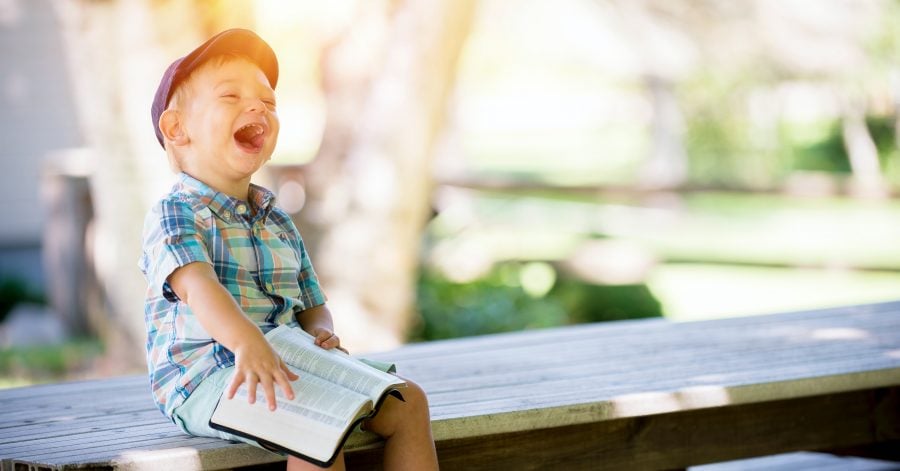In celebration of the National Children’s Day in Romania and Bulgaria, The Recursive team gathered a collection of startups, who aim to develop products and services for children. From education to games and therapeutic sessions, these seven startups are united by a single goal: to make the lives of children more interesting and fun, by utilizing the power of technology.
EduBots – Founded in 2020, EduBots is developing training kits for kids to learn robotics. The startup’s innovative idea first got discovered at Teenovator, a Bulgarian entrepreneurial program that helps high schoolers to develop their innovative ideas. The five founders of EduBots were the youngest participants in Innovation Starter’s acceleration program – Innovation Academy. Rangel Plachkov, Russie Shishmanov, Petko Mikov, Dimitar Serafimov, and Kaloyan Blagoev have developed their first kit – Tripio – with components that are standard and widely used in practice, which makes the knowledge applicable in the future. Children have access to online lessons that explain step-by-step how Tripio is built. After they are ready with building the robot, kids can control it through EduBots’ mobile app.
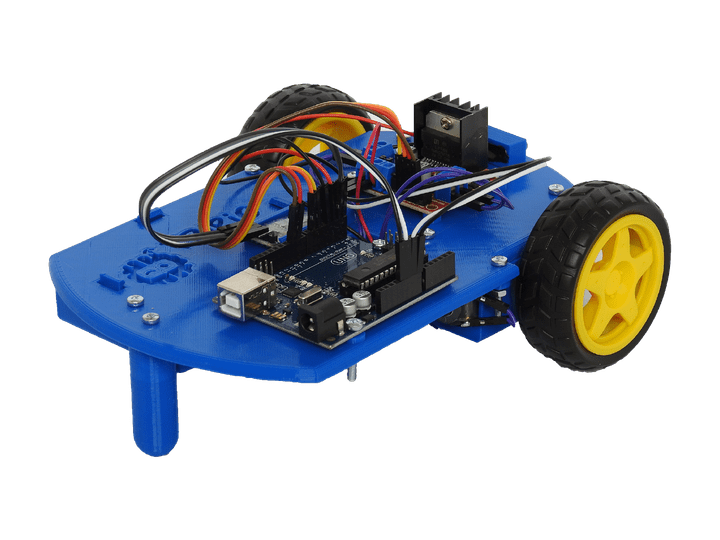
Tripio, ©EduBots
VoxiKids – The SaaS platform of Romanian startup Speakquest SRL – VoxiKids – aims to assist children in overcoming speech and language difficulties, by providing them with online materials, designed by specialists. The platform hosts collaborative online speech therapies, connecting parents, children, and therapists. Through the SaaS solution, parents can track the progress, made by their child. For the smaller patients, the platform features interactive games, suitable for iOS and Android. The startup announced a crowdfunding campaign on Seedblink in November 2020, with the initial goal of gathering €290K, accounting for 10.39% of its equity. So far, it has raised €187.5K.
Playground Energy – Graduate from the Cambridge hardware accelerator Springboard, Bulgarian Playground Energy has developed outdoor toys that harvest kinetic energy, generated by kids and transform it into electricity. The electricity activates different playground-installed applications, including light, sound, and different mechanical movements of toys. PlaygroundEnergy has its installations on over 3 continents, with its toys located in Australia, UAE, Spain, and Norway. The startup interactive solutions are an integral part of the Kid’s Museum in Bulgaria (“Muzeiko”).
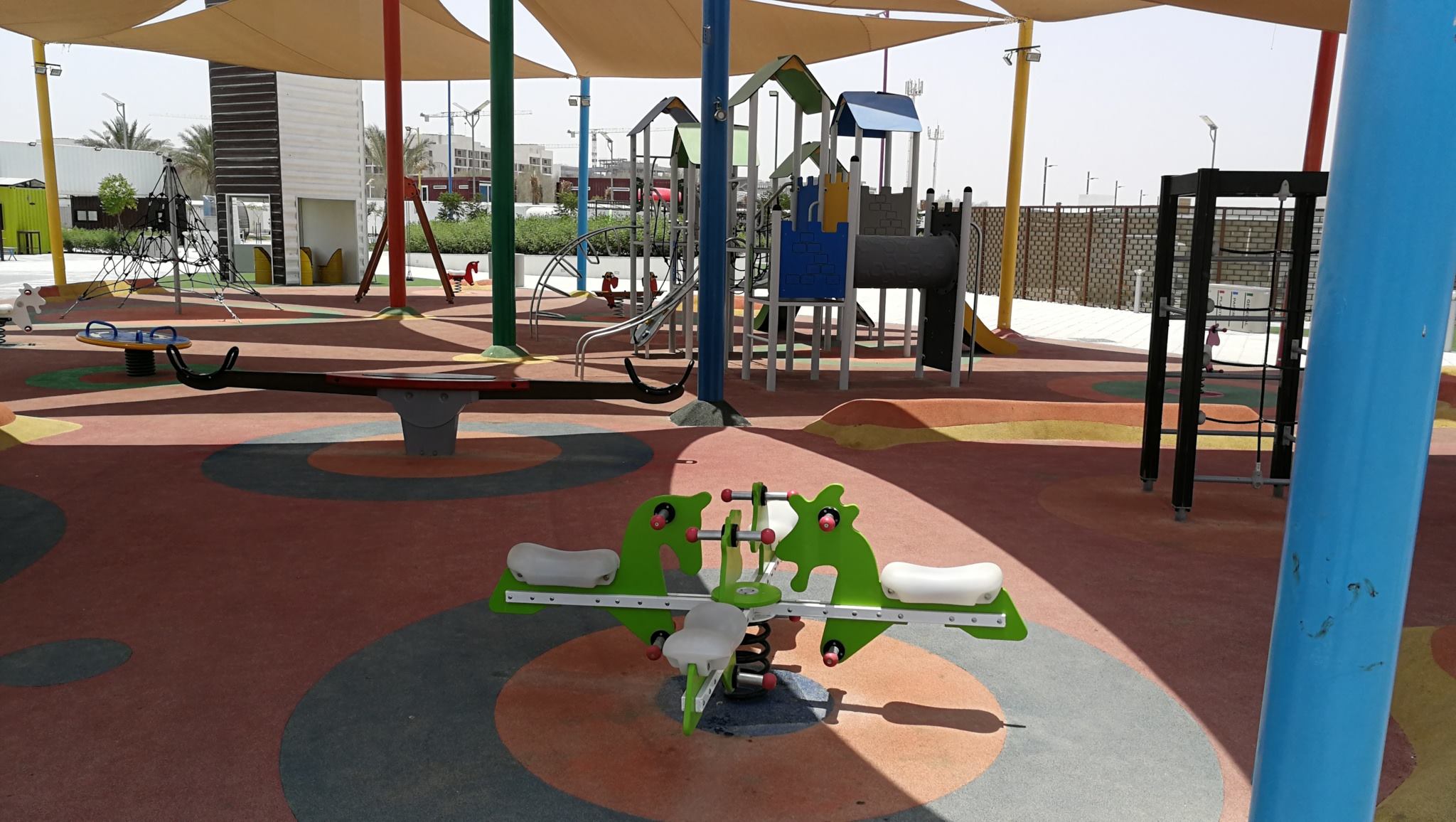
A PlaygroundEnergy installation ©PlaygroundEnergy
Gemji – Created by Bulgarian Margarit (Mark) Ralev, the Gemji Board Game System is made of 70 magnetic tiles. The set is suitable for playing traditional board games such as chess, Dominoes, and Mancala, but it can be used for playing games that teach children subjects such as mathematics and programming basics. Currently, Gemji features over 30 games, with their duration ranging from several minutes to an hour and a half. The software of the startup is a source of game ideas and online game updates. The Gemji team has also developed several original titles and is working on featuring laser-engraved metal skins with different patterns and characters to customize the tiles and create even more game versions.
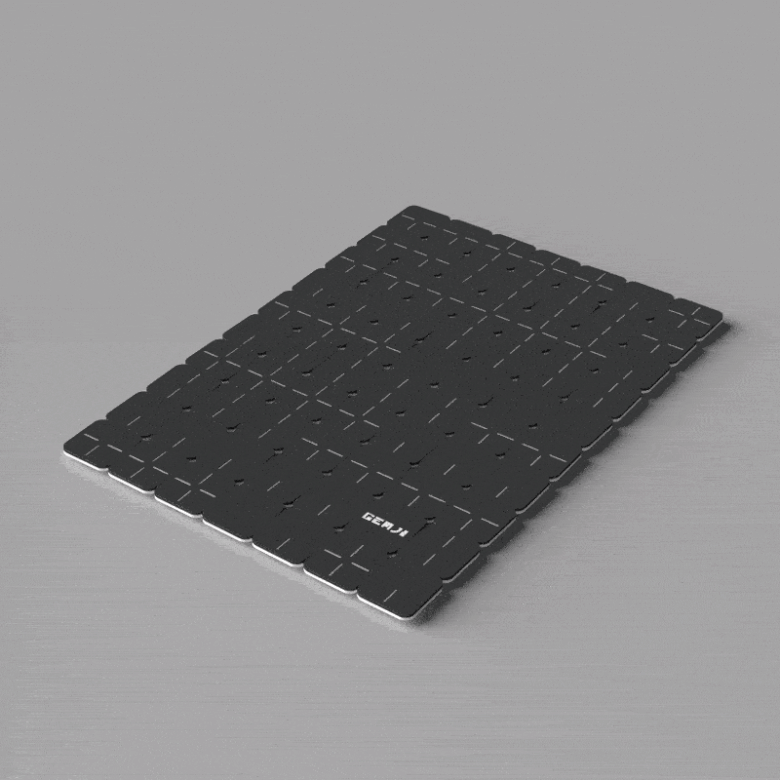
The Gemji set, ©Gemji
EverToys – The Romanian startup is developing an innovative “Toys as a Service” mode that features a monthly subscription service that gives parents access to a collection of toys and books for their children. The opportunity to purchase the products (at a discounted price) still exists, but the startup is referring to its SaaS platform as a way to cut spending on expensive toys and reduce the environmental waste caused by toy materials.
Kinems – the Greek edtech startup develops sensory games for kids with special needs through a 3D camera that detects player movements. The goal of the games is to enable children to point freely to the screen, thus completing activities that help them develop their sensory and motor skills. Based in New York, the startup has already piloted research opportunities in several US schools, while participating in accelerator programs such as MassChallenge and NewSchools Ignite.
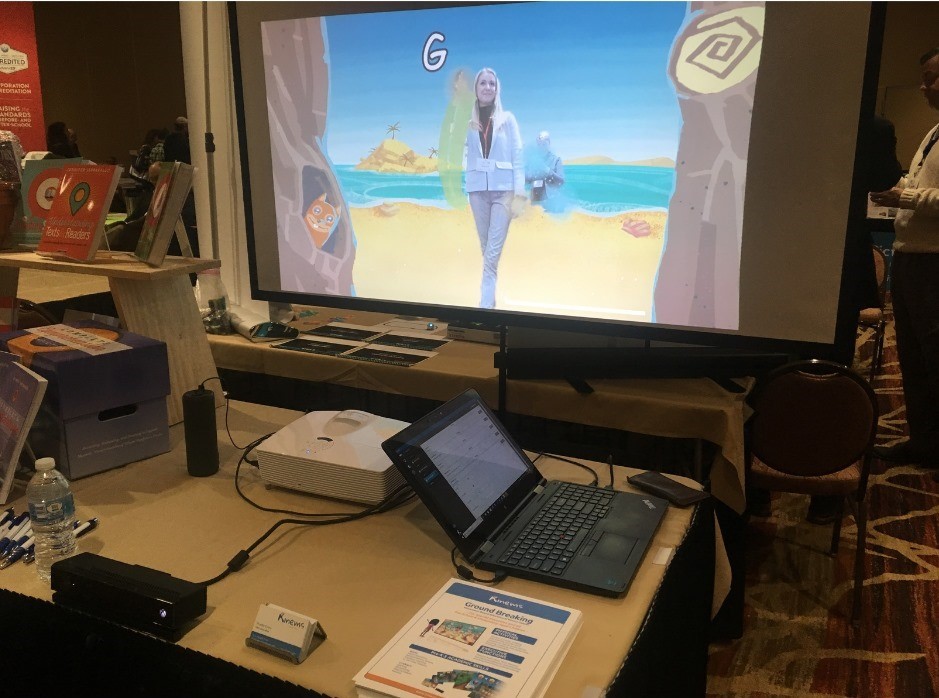
How a game visualization looks like, ©Kinems
LabBox – the Prishtina-based startup develops engineering kits with STEM projects for children to build. The company delivers a new set of electronics every month with the goal to teach children how different technologies work. Children can choose to build their own joystick, RGB light, motor block, sound viewer, and many more. The startup also features an online platform that unlocks online engineering games and activities for the children who are subscribed.
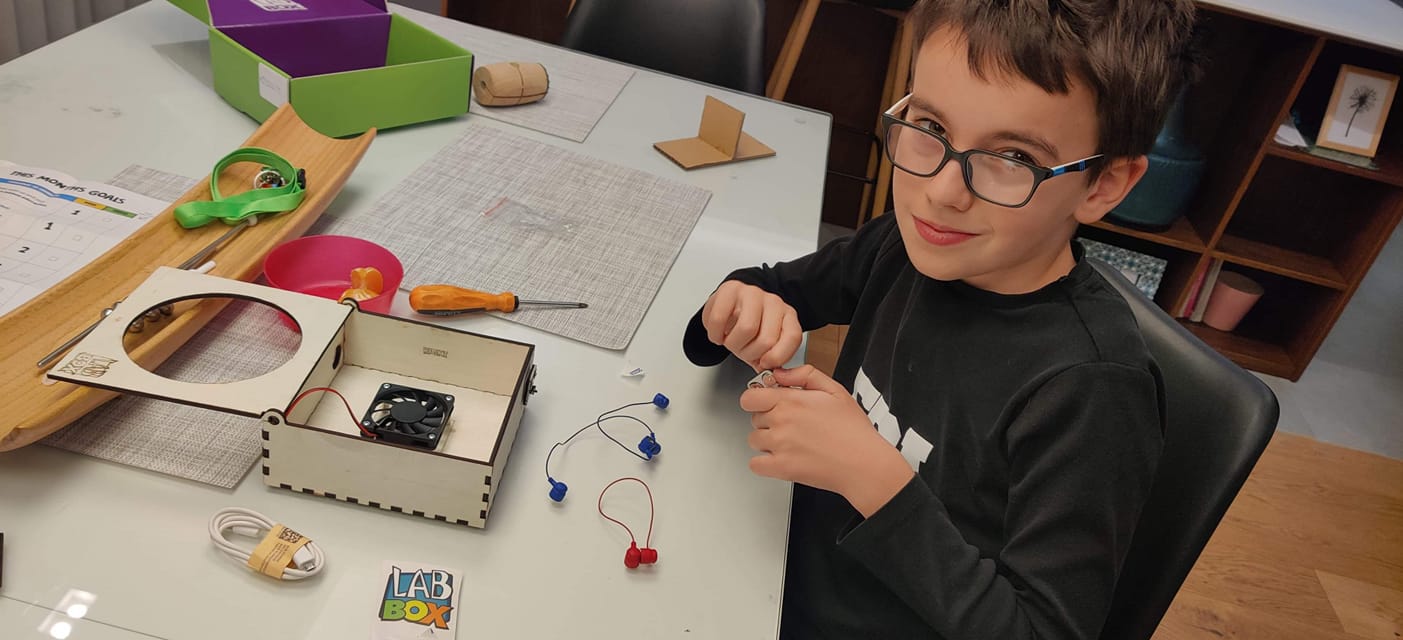
One of the kits, ©LabBox

